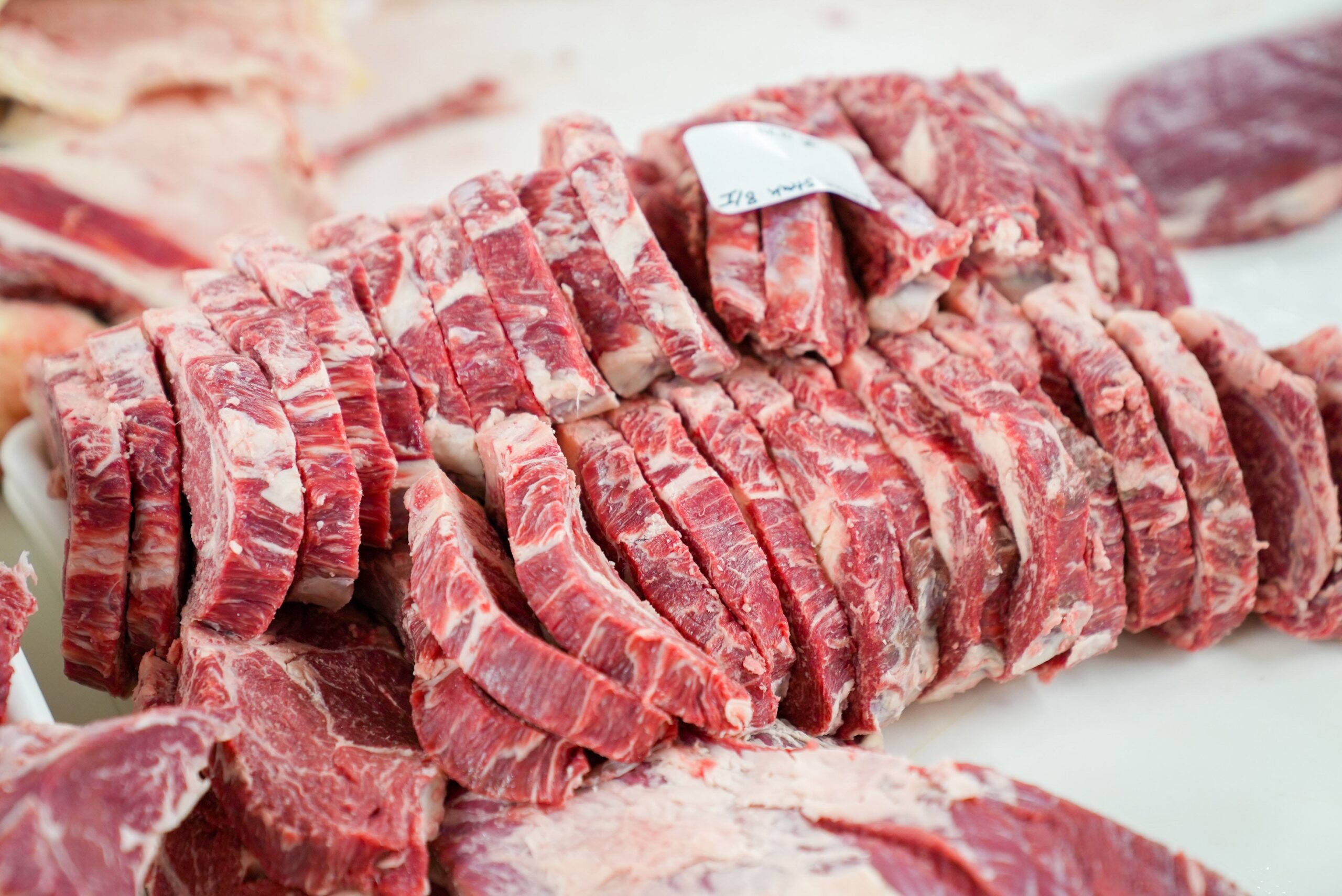Many cattle producers utilize a custom-exempt processing facility in their direct-to-consumer businesses. In this scenario, the producer sells a live calf (or fractional share thereof) to the consumer and then delivers the live animal to the custom-exempt facility, where it will be processed for the purchaser.
Anyone using this approach should have a custom harvest agreement to memorialize the contractual agreement between the producer and purchaser.
The following topics should be considered when drafting a custom harvest agreement:
- Description of product being sold. Be clear in the agreement that it is the live animal being sold to the consumer, not the processed beef. Be clear on what percentage of the animal the customer is purchasing. If selling a specific animal, be sure to include the ear tag number or other description of the animal.
- Educational information. Include information a purchaser may not realize, such as the difference between the live animal weight and boxed beef weight, the amount of freezer space needed for a full, half, or quarter beef, and a sample cut sheet.
- How will payment be calculated? Describe how the price for the animal will be calculated, such as a flat fee or price per pound. If per-pound, will it be calculated on the live weight or hanging weight of the animal?
- When and how will payment be due? Detail any required deposit amount. Set payment deadlines. Identify allowable payment methods.
- Processing fees. Typically, the purchaser pays the processor directly, and this should be spelled out in the agreement.
- Reselling/donating meat from the animal is prohibited. Make clear in the custom harvest agreement that due to federal law, the beef from this animal may not be resold or donated.
- Point at which animal is property of the buyer. Make clear at which point in time the animal officially becomes the property of the buyer. Certainly, this has to be done at least by the point in time when it is delivered to the custom processing facility but could be as early as when the initial deposit is made. This is important in the event of the death of an animal prior to delivery to a processing facility.
A custom harvest agreement provides important information to the purchaser and ensures both parties are on the same page about the sales transaction. For more information on direct-to-consumer beef sales, click here.
Lashmet, Tiffany. “Beef Custom Harvest Agreement Considerations.” Southern Ag Today 3(19.5). May 12, 2023. Permalink

